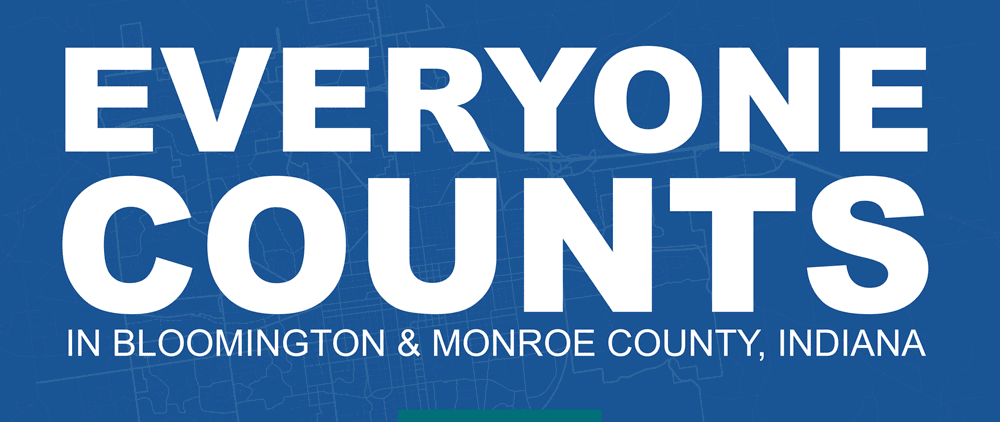Page last updated on September 6, 2021 at 2:26 pm
Census 101: What You Need To Know
COVID-19 Update: The U.S. Census has adjusted the 2020 Census timeline due to the COVID-19 pandemic. You can still complete the Census online and are encouraged to do so now. Some important dates include: Field operations are suspended through June. The self-response period extended through Oct. 31, 2020. Non-response follow up is scheduled to begin August 11 and conclude Oct. 31. Delivery of apportionment counts to the president April 30, 2021, with Congressional approval. You may see the entire list of operations and the current plan here: https://2020census.gov/en/news-events/operational-adjustments-covid-19.html
The U.S. Census counts every resident in the United States and takes place every 10 years. Our next Census will take place this year. The goal of the Census is to count every resident in the United States – once, only once and in the right place. The data collected is used to distribute billions in federal funds to local communities for services such as transportation, healthcare and affordable housing, to name a few. This data is highly secure and by law cannot be shared with law enforcement agencies, immigration or affect government benefits.

Everyone counts.
The census counts every person living in the United States once, only once, and in the right place. If you are filling out the census for your home, you should count everyone who is living there as of April 1, 2020. This includes anyone who is living and sleeping there most of the time. If someone is staying in your home on April 1, and has no usual home elsewhere, you should count them in your response to the 2020 Census.
Have a special circumstance? Click here for directions if you meet one of the circumstances below.
- Babies born on Census Day
- People who died on Census Day
- People who move on Census Day
- Foreign citizens in the United States
- Students
- U.S. military personnel
- People in Shelters
- People displaced by Natural Disasters
- People in Prisons and Correctional Facilities
- People in Health Care Facilities
It’s about fair representation.
Every 10 years, the results of the census are used to reapportion the House of Representatives, determining how many seats each state gets.
It’s in the Constitution.
The U.S. Constitution mandates that everyone in the country be counted every 10 years. The first census was in 1790.
It’s about $675 billion.
The distribution of more than $675 billion in federal funds, grants, and support to states, counties, and communities are based on census data. That money is spent on schools, hospitals, roads, public works, and other vital programs.
It’s about redistricting.
After each decade’s census, state officials redraw the boundaries of the congressional and state legislative districts in their states to account for population shifts.
Taking part is your civic duty.
Completing the census is mandatory: it’s a way to participate in our democracy and say “I COUNT!”
Census data are being used all around you.
- Residents use the census to support community initiatives involving legislation, quality-of-life, and consumer advocacy.
- Businesses use census data to decide where to build factories, offices, and stores, which create jobs.
- Local governments use the census for public safety and emergency preparedness.
- Real estate developers use the census to build new homes and revitalize old neighborhoods.
Your privacy is protected.
It’s against the law for the Census Bureau to publicly release your responses in any way that could identify you or your household.
By law, your responses cannot be used against you and can only be used to produce statistics.
2020 will be easier than ever.
In 2020, you will be able to respond to the census online, by phone, and by mail.
You can help.
You are the expert—we need your ideas on the best way to make sure everyone in your community gets counted. If you are interested in getting involved contact Beverly Calendar-Anderson at [email protected].
Print one of our posters and distribute it at work, community center, or school–click here to download!
The 2020 Census is hiring.
The U.S. Census Bureau is recruiting to fill hundreds of thousands of temporary positions across the country to assist with the 2020 Census count. The positions offer competitive pay, flexible hours, paid training, and weekly paychecks. To determine the pay rate in a specific area, learn more about these positions, or apply for one of the temporary jobs, visit 2020census.gov/jobs.
